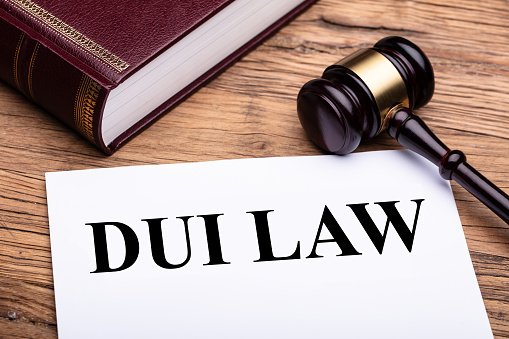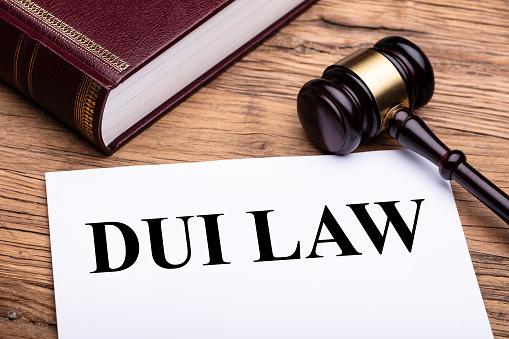
Being charged with driving under the influence can have serious consequences related to your ability to drive and even your ability to rent an apartment in the future. You may need the help of a DWI attorney in York, PA if you have charges pending sentencing. To avoid some of the harsh sentencing from Pennsylvania laws, a lawyer won’t help you launch a legal defense.
Ask a DWI Attorney: Four Steps to Prepare Your Case
1. Understand Your Rights
The first part of your legal defense will be understanding your rights. In all states, you are still innocent until the court finds you guilty beyond a reasonable doubt. This can mean that you have time to create a defense strategy with the DWI attorney so you can reduce or even dismiss your charges.
You have the right to contact a York, PA DWI defense attorney if you are arrested by the police for driving while intoxicated. You can contact a lawyer as soon as you are arrested, even before you are charged. Contacting a lawyer as soon as possible is the best way to minimize any of the negative consequences that may happen as a result of your DWI.
2. Explore Defense Options
People who are charged with DWI do not always use the same strategies, as one strategy may be more appropriate for the circumstances of your case. Some of the most common defense options you can explore with your lawyer include:
Probable Cause
Probable cause is an effective strategy that can be used to dismiss DWI charges. A DWI charge is a criminal offense, which means that the police must have had probable cause to make an arrest. The most common strategy for probable cause is determining whether or not the police had a sufficient reason to pull you over.
If you were pulled over for a traffic violation, such as speeding, and the police found that you were intoxicated, you may not be able to use probable cause as a defense option. However, if you were pulled over without violating any traffic laws or rules of the road, this may mean that the police did not have probable cause and that your charges could be dismissed.
Chemical Tests
In Pennsylvania, the law is that when you have a driver’s license and operate a vehicle on public roads, you are consenting to be tested for alcohol and controlled substances as if you were pulled over by the police. Chemical tests are used to assess your level of intoxication. While you can refuse a breathalyzer test in Pennsylvania, there may be consequences for refusing the test.
All that said, chemical tests must be administered correctly to be used as evidence against you to prove that you were driving while intoxicated. Errors in test collection can be used to dismiss your case, particularly if chemical tests are the only evidence the police have.
Police Misconduct
If there was any police misconduct involved in your case, such as evidence was fabricated or the police officer behaved inappropriately during your arrest, then you may be able to use police misconduct as part of your defense strategy. This can be particularly helpful if the police did not read your Miranda Rights when you were arrested or if you were injured during arrest through no fault of your own.
3. Prepare for Some Consequences
The consequences for DWI arrests in Pennsylvania can be steep even for first and second-time offenses. For example, if you are charged with a DWI without any prior offenses, you could face a $300 fine, six months of probation, and alcohol highway safety school. For second-time offenders, you could be facing 12 months of license suspension, up to six months of jail time, and $300 to $2,500 in fines.
The consequences for DWIs become more severe relative to your degree of intoxication. For drivers who are arrested with a high degree of intoxication, even if there have been no prior offenses, you could still face 12 months of license suspension, 48 hours to six months of jail time, $500 to $5,000 of fines, and other drug and alcohol treatment if ordered by the court.
4. Know the Difference Between DWI and DUI
A DUI and a DWI are interchangeable terms that both mean driving while intoxicated or driving while under the influence of alcohol and drugs. While your charge may be referred to as a DWI by your attorney, your criminal charges will likely be filed under a DUI. Driving while impaired is a serious offense and it does not matter if you are driving while under the influence of alcohol or the influence of drugs.
If you have been charged with a DWI in Pennsylvania, then you will need to take some steps to prepare for your case. The first step is contacting a DWI attorney who can help you analyze your case and build a defense so you can have your charges reduced or dismissed. You should also be prepared for some financial consequences, such as fines or license suspension.
